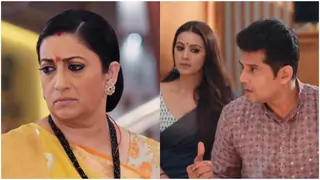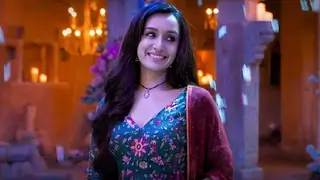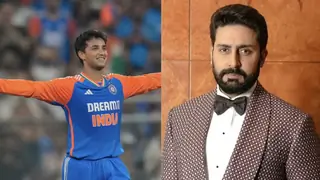and-dance routine in the global circuit
deeply troubles Karan Johar and the
director-producer feels such
"misconceptions" about the country's
cinema hinder its growth internationally.
Citing examples of acclaimed movies such as
Toilet: Ek Prem Katha, Pad Man and Bareilly Ki
Barfi, the 45-year-old filmmaker says Indian
films have much more to offer than the
"cliched sequences". "I feel very sad when I
still see people across the globe having this
misconception about Indian cinema that it is
all about song and dance. This stereotypical
view about our films can only be changed
when we as a part of the entertainment
industry go out and tell people that we have
much more to offer in terms of storytelling
and content than just actors dancing
around trees," says Karan.
"Indian cinema is a victim of misconceptions
on global stage. The way Aamir's (Khan)
films have been performing in China proves
that we can make a huge mark globally. But
only dialogue initiated by our filmmakers
and actors can bring about this change,"
Karan said in a telephonic interview from
Berlin.
The director is in Germany, heading an
Indian delegation to Berlinale 2018. The
team, also comprising film personalities
such as Vani Tripathi, Bhumi Pednekar,
Jahnu Barua and Shaji Karun, has been
selected and sent to participate in the
European Film Market by the Ministry of
Information & Broadcasting, in partnership
with Confederation of Indian Industry.
Karan says such initiatives by the central
government are commendable and will
"surely contribute a lot in the growth of
Indian entertainment industry". The director,
who in the recent past has produced and
presented films such as Baahubali and The
Lunchbox, says people often are surprised
by the choices he makes as director and a
producer-presenter. But in both the cases
his aim is to back the content which speaks
"world language".
"I am all about content. All I am doing as a
producer is looking at films which have
world language. It is about picking films that
speak global language and that can only
happen when the content appeals to the
masses superseding the language barrier. It
is not necessary that films I make will
coincide with the kind of films I produce or
present. My process as a director is mine
and mine alone and I do what I am
convinced with as a storyteller. But that
doesn't mean I am not open to global
possibilities of films that I would like to
present and produce. The idea is always to
take giant leaps for the development of
Indian cinema," he says.
Karan adds he never chooses a project as a
"strategist" and only the viewer in him
decides the kind of film he picks. The Ae Dil
Hai Mushkil helmer, who is considered one
of the most popular Indian directors
globally, says if filmmakers from the country
want to be visible internationally, they need
to be more vocal about their work.
"To make their cinema visible globally,
filmmakers and actors have to get up and
do things on their own. I travelled the world
to speak about my cinema... Everybody has a
responsibility to make India visible globally.
It is important that a filmmaker develops a
voice and acts on that. They can't just sit in
offices and think that they are making a big
movement in cinema... They are not. They
need to go out speak about their cinema
and the country they produce the films in.
What I am doing... I believe all of us
(filmmakers) should be doing," he says.
http://www.dnaindia.com/bollywood/report-karan-johar-i-feel-sad-when-i-see-people-across-the-globe-believing-that-indian-cinema-is-all-about-song-and-dance-2586087.


























11